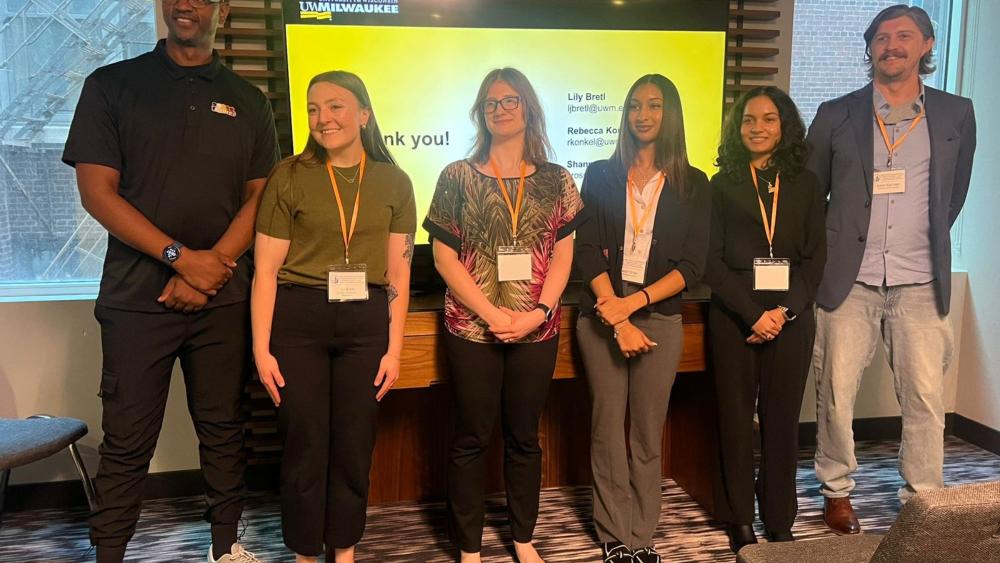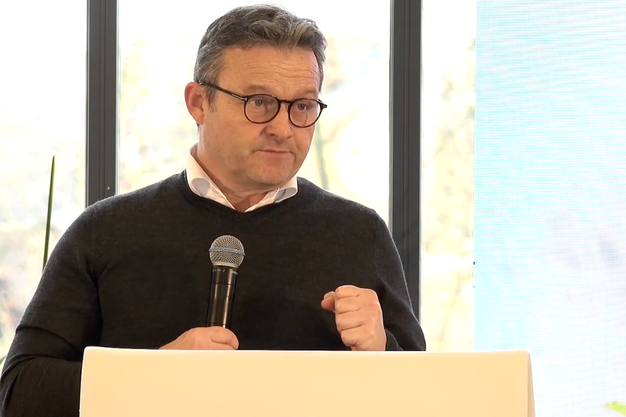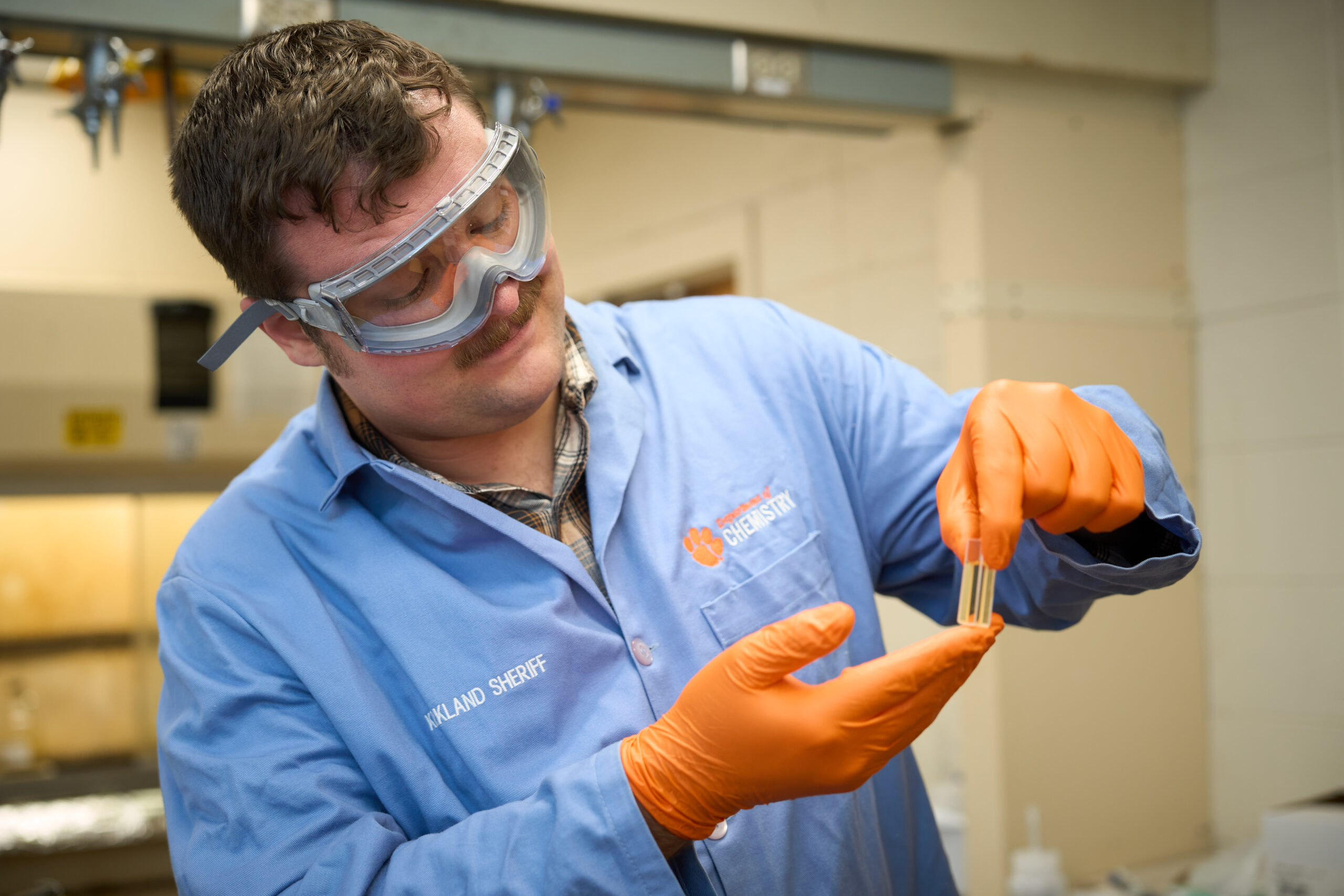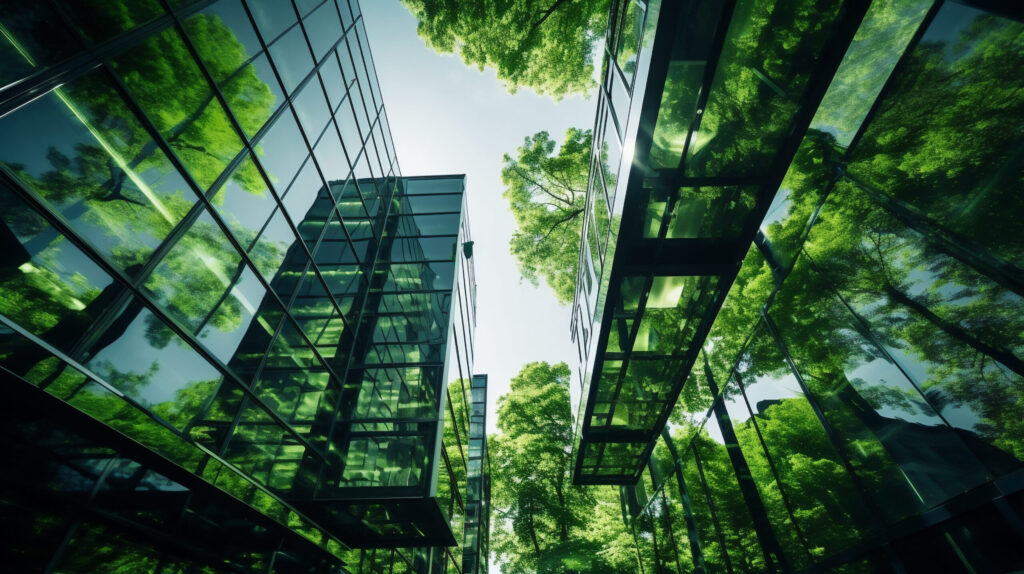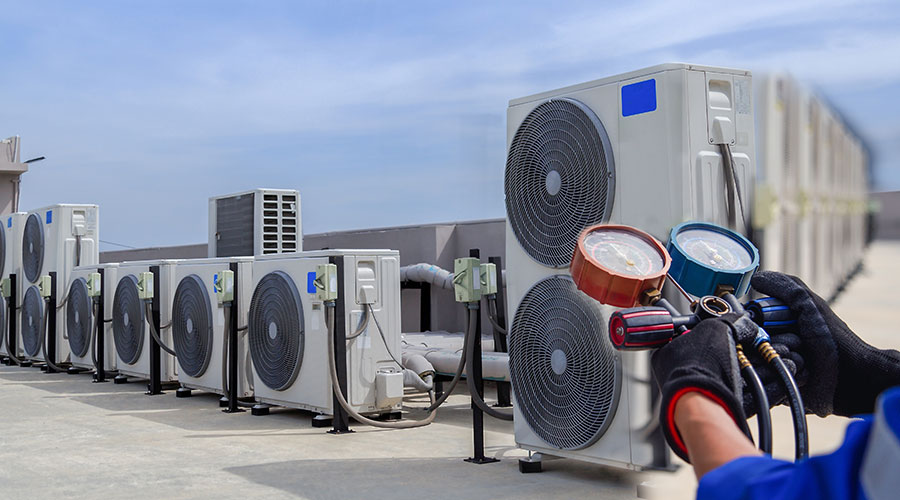Energy and environment take center stage at NJBIA policy forum – ROI-NJ

Report on the NJBIA Energy and Environmental Policy Forum: Aligning State Priorities with Sustainable Development Goals
1.0 Forum Overview and Objectives
The New Jersey Business & Industry Association (NJBIA) convened its Energy and Environmental Policy Forum on October 28-29. The primary objective was to formulate policy recommendations for New Jersey’s incoming administration by examining the intersection of energy, environmental, and economic priorities through the lens of the Sustainable Development Goals (SDGs).
- Primary Goal: To foster economic growth that is both sustainable and inclusive, directly addressing SDG 8 (Decent Work and Economic Growth).
- Core Mission: To provide factual information and policy options that support the development of sustainable infrastructure and communities, in line with SDG 9 (Industry, Innovation and Infrastructure) and SDG 11 (Sustainable Cities and Communities).
- Guiding Principle: To ensure solutions are affordable, effective for the business community, and contribute to a safe and clean environment for all residents.
2.0 Key Discussion Areas and Alignment with SDGs
The forum’s agenda was structured around critical themes that correspond directly with several United Nations Sustainable Development Goals. Over 50 experts contributed research and policy considerations.
-
Energy, Infrastructure, and Climate Action
Discussions centered on balancing energy demand with reliability and environmental responsibility.
- SDG 7 (Affordable and Clean Energy): Panels addressed energy usage, the role of nuclear and fusion technologies, and the importance of ensuring a reliable and affordable energy supply for all. The affordability of utility rates was a key topic.
- SDG 13 (Climate Action): A dedicated panel explored strategies for mitigating climate change while aligning energy infrastructure and policy with the state’s environmental and economic objectives.
- SDG 9 (Industry, Innovation and Infrastructure): Experts from PJM Interconnection and Rutgers University discussed the need for resilient infrastructure to meet future energy demands sustainably.
-
Sustainable Economic and Urban Development
A significant focus was placed on creating a prosperous economy within a sustainable framework.
- SDG 8 (Decent Work and Economic Growth): The keynote address by former Gov. Chris Christie emphasized balancing environmental progress with affordability and robust business growth.
- SDG 11 (Sustainable Cities and Communities): Sessions on urban redevelopment explored pathways to create inclusive, safe, resilient, and sustainable urban environments.
- SDG 12 (Responsible Consumption and Production): A specialized discussion was held on plastics and recycling, addressing sustainable production and consumption patterns.
-
Policy, Justice, and Partnerships
The forum underscored the need for collaborative and equitable policy-making.
- SDG 16 (Peace, Justice and Strong Institutions): Panels covered legal updates, federal energy policies, and environmental justice, highlighting the need for fair and transparent governance.
- SDG 17 (Partnerships for the Goals): Dr. Zenon Christodoulou, Commissioner of the NJ Board of Public Utilities, stressed that progress requires collaboration between industry, government, and community groups to achieve shared sustainability goals.
3.0 Schedule of Proceedings and Keynote Speakers
The two-day event featured a comprehensive schedule with prominent leaders from government, industry, and academia.
- Day 1 Highlights:
- Opening remarks by Dr. Zenon Christodoulou (NJBPU).
- Panels on energy reliability, climate change, and urban redevelopment.
- Luncheon keynote address by former Gov. Chris Christie.
- Afternoon sessions on utility rates, recycling, nuclear energy, and environmental justice.
- Day 2 Highlights:
- Remarks from political leader Jack Ciattarelli and Sen. Vin Gopal.
- Fireside chats with Ralph LaRossa (PSEG) and Mike Renna (SJI).
- Presentation on utility bill components by Jason Lemme (Hartree Partners).
- Keynote address by Asim Haque (PJM Interconnection).
1. SDGs Addressed in the Article
The article on the New Jersey Business & Industry Association (NJBIA) Energy and Environmental Policy Forum touches upon several Sustainable Development Goals (SDGs) by discussing the intersection of energy, environment, and economic policy. The following SDGs are relevant:
- SDG 7: Affordable and Clean Energy
- SDG 8: Decent Work and Economic Growth
- SDG 9: Industry, Innovation, and Infrastructure
- SDG 11: Sustainable Cities and Communities
- SDG 12: Responsible Consumption and Production
- SDG 13: Climate Action
- SDG 17: Partnerships for the Goals
2. Specific Targets Identified
Based on the article’s content, several specific targets under the identified SDGs can be inferred:
SDG 7: Affordable and Clean Energy
- Target 7.1: Ensure universal access to affordable, reliable and modern energy services. This is directly supported by the statement from Dr. Zenon Christodoulou, who emphasizes the need to “make sure that our supply is where we need it, when we need it, at a price that everyone can afford.” The forum’s focus on “utility rate setting” and “affordability” also aligns with this target.
- Target 7.a: Enhance international cooperation to facilitate access to clean energy research and technology… and promote investment in energy infrastructure and clean energy technology. The inclusion of panels on “nuclear energy” and “fusion technology” points to a focus on advanced and clean energy technologies, which is central to this target.
SDG 8: Decent Work and Economic Growth
- Target 8.2: Achieve higher levels of economic productivity through diversification, technological upgrading and innovation. The stated goal of the conference, “how do we grow our economy in the best way for everyone,” and the need to balance environmental progress with “business growth” directly address the aim of fostering economic growth.
SDG 9: Industry, Innovation, and Infrastructure
- Target 9.1: Develop quality, reliable, sustainable and resilient infrastructure… to support economic development and human well-being. The discussion on how “energy demand, infrastructure and policy can align to meet the state’s environmental and economic goals” directly relates to developing and managing infrastructure for sustainable development.
SDG 11: Sustainable Cities and Communities
- Target 11.6: Reduce the adverse per capita environmental impact of cities. The mention of panels on “urban redevelopment” and the goal to make New Jersey a “safe and clean place to work and raise a family” connect to improving the environmental quality and sustainability of urban areas.
SDG 12: Responsible Consumption and Production
- Target 12.5: By 2030, substantially reduce waste generation through prevention, reduction, recycling and reuse. The specific inclusion of a discussion on “plastics and recycling” directly addresses this target by focusing on waste management and sustainable production patterns.
SDG 13: Climate Action
- Target 13.2: Integrate climate change measures into national policies, strategies and planning. The forum’s focus on shaping “the state’s energy and environmental priorities” and holding a specific panel on “climate change” demonstrates an effort to integrate climate considerations into state-level policy and planning.
SDG 17: Partnerships for the Goals
- Target 17.17: Encourage and promote effective public, public-private and civil society partnerships. This is a central theme of the forum. Dr. Christodoulou’s statement that “Industry, government, community groups, they all have to work together” perfectly encapsulates the multi-stakeholder approach required by this target. The forum itself, bringing together over 50 experts from business, academia (Rutgers University), and government, is an example of such a partnership.
3. Indicators Mentioned or Implied
The article, being a summary of a policy forum, does not provide quantitative data but implies several indicators that could be used to measure progress towards the identified targets:
- Indicator for Target 7.1 (Affordable and Reliable Energy): The article implies the importance of tracking energy prices (“a price that everyone can afford”) and service reliability (“supply is where we need it, when we need it”). Therefore, implied indicators are the cost of electricity/utility bills for consumers and businesses and the frequency and duration of power outages.
- Indicator for Target 8.2 (Economic Growth): The goal to “grow our economy” implies that a key indicator would be the state’s GDP growth rate or other measures of economic performance for the business community.
- Indicator for Target 9.1 (Infrastructure): The discussion on aligning infrastructure with state goals implies an indicator related to investment in energy infrastructure development and modernization.
- Indicator for Target 12.5 (Waste Reduction): The panel on “plastics and recycling” implies that the recycling rate for plastics and other materials is a key performance indicator for the state.
- Indicator for Target 17.17 (Partnerships): The forum itself serves as an example. An implied indicator could be the number and scope of multi-stakeholder forums, projects, and policy collaborations between industry, government, and community groups.
4. Summary Table of SDGs, Targets, and Indicators
| SDGs, Targets and Indicators | Corresponding Targets | Specific Indicators Identified in the Article |
|---|---|---|
| SDG 7: Affordable and Clean Energy | 7.1: Ensure universal access to affordable, reliable and modern energy services. 7.a: Promote investment in energy infrastructure and clean energy technology. |
Implied: Cost of utility bills; Frequency and duration of power outages; Investment in new energy technologies (nuclear, fusion). |
| SDG 8: Decent Work and Economic Growth | 8.2: Achieve higher levels of economic productivity and growth. | Implied: State’s economic growth rate; Measures of business growth. |
| SDG 9: Industry, Innovation, and Infrastructure | 9.1: Develop quality, reliable, sustainable and resilient infrastructure. | Implied: Level of investment in energy infrastructure. |
| SDG 11: Sustainable Cities and Communities | 11.6: Reduce the adverse per capita environmental impact of cities. | Implied: Progress in urban redevelopment projects; Measures of environmental quality in cities. |
| SDG 12: Responsible Consumption and Production | 12.5: Substantially reduce waste generation through recycling and reuse. | Implied: Recycling rate for plastics. |
| SDG 13: Climate Action | 13.2: Integrate climate change measures into policies and planning. | Implied: Adoption of state-level policies addressing climate change. |
| SDG 17: Partnerships for the Goals | 17.17: Encourage and promote effective public, public-private and civil society partnerships. | Implied: Number and scope of multi-stakeholder collaborations (e.g., the forum itself). |
Source: roi-nj.com
What is Your Reaction?
 Like
0
Like
0
 Dislike
0
Dislike
0
 Love
0
Love
0
 Funny
0
Funny
0
 Angry
0
Angry
0
 Sad
0
Sad
0
 Wow
0
Wow
0



















